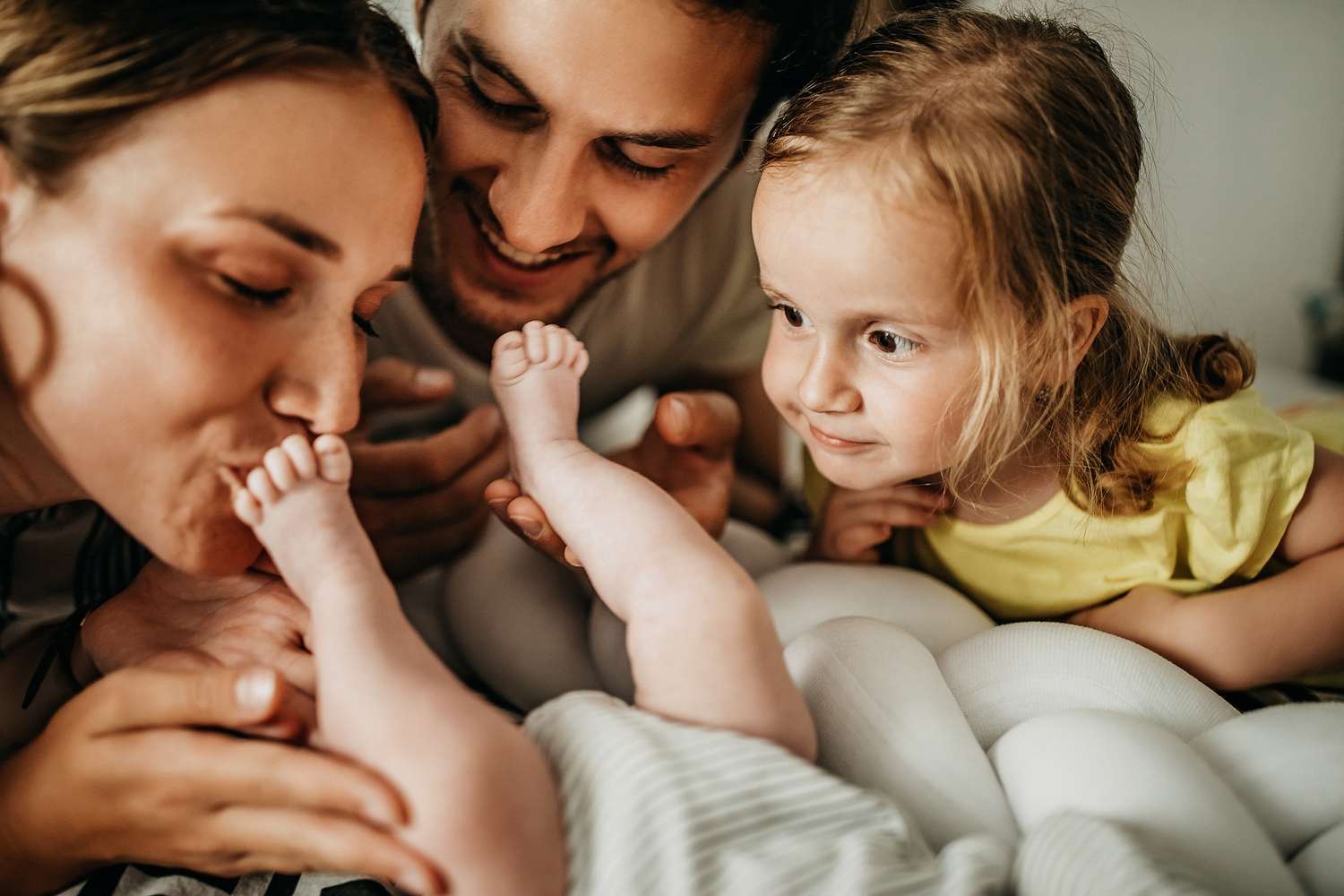As a newbie parent, you’re probably very concerned about germs. While others may ridicule your germ paranoia, you have every right to obsess about this as your baby is still developing its immune system.
Your baby’s first line of defense against germs is breast milk which provides immune-boosting hormones. This, however, doesn’t mean that germs cannot get into your baby’s immune system and create havoc.
How To Keep Baby Safe From Germs
The reason babies are vaccinated so early in life is so that they can stay protected and develop immunity more effectively. So, how can you keep your baby protected from germs? Keep reading to find out.
-
Throw Away Leftovers
To be on the safe side, throw away half-eaten jars of baby food and any excess bottle milk. A baby bottle sterilizer will help clean baby bottles and get rid of any bacteria that rest therein.
When your baby drinks breast milk in a bottle or even formula milk, they may backwash it into the bottle. This causes digestive enzymes and bacteria to accumulate. The same applies to store-bought baby food.
If your baby is eating baby food directly from the container, the spoon may cause cross-contamination to occur in the jar. This can cause your baby to get sick if you allow that food to sit for a while and then feed them from the same jar later.
-
Some Visitors Only
A new bundle of joy can equate to a lot of visits from family and friends.
While it would be insulting to the elders in many cultures to be prevented from visiting newborns, the COVID-19 pandemic gives you a reason to impose control over the number of visitors who are allowed to see your baby.
Politely decline visits from family members who live far away. It may sound harsh, but your baby’s health must always come first. Family members who care about your baby’s wellbeing will understand this.
-
Tiny Hands and Feet Carry the Most Germs
Germs can be carried to your baby rather easily, especially when they get frequent attention from school-going children or toddlers who are in the exploring phase.
If you have a toddler of your own running around, be sure to constantly wash their hands after play. If the toddler goes to a playgroup, remember to change their clothes as soon as they arrive home.
-
Sterilize Bottles and Place Them in the Fridge
Never leave freshly prepared formula unrefrigerated for over an hour. Always make your baby formula in clean bottles that you have sterilized in advance using a baby bottle sterilizer.
If you have expressed breast milk, it is perfectly fine to keep the breast milk in a bottle for about six hours before placing the milk in the fridge.
The reason why breast milk doesn’t immediately need to be refrigerated is that it is pumped with antibodies which means that it can keep bacteria at bay.
-
Wash Your Baby’s Clothes Separately
It is never ideal to wash a baby’s clothes with everyone else’s. Certain clothing items, like underwear, have contaminants that should not mix with a baby’s clothes.
For best results, always use baby washing powder to wash the baby’s clothes separately.
As the parent of a newborn baby, it’s vital to be smart about everything from sterilizing bottles to being cautious about when to allow visitors. Your baby’s immune system will get stronger as they get older, and you won’t need to be obsessive about germs forever. For now, exercise caution and stay on the safe side.

